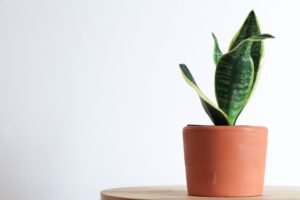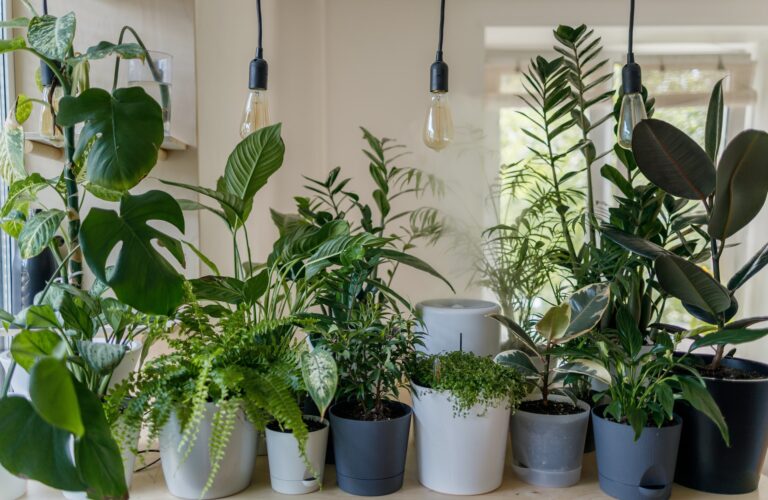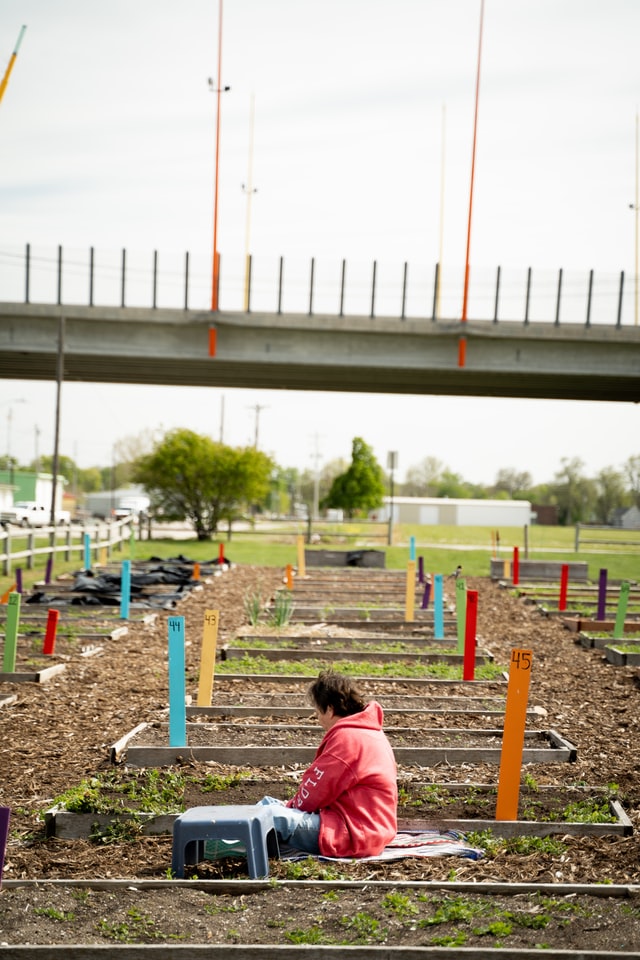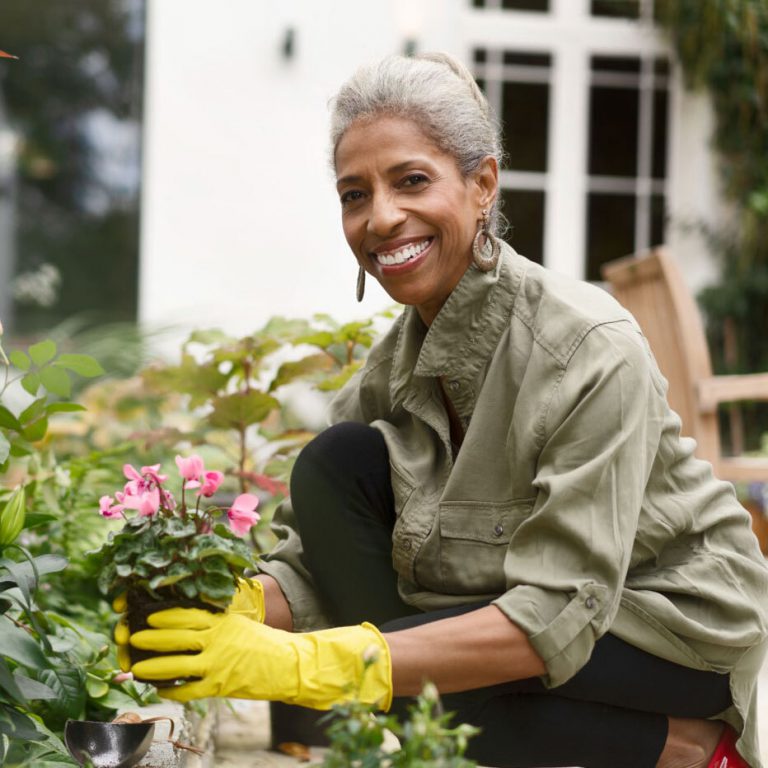The Best Houseplants to Bring Life to Your Living Space
At Sage Collective, we recognize the vast health benefits that come with getting your hands dirty and gardening. Whether it’s a community garden, a personal herb garden, or simply adopting a few plants for your home, surrounding yourself with greenery helps improve everything from the air to your mood. We’ve previously shared our tips for caring for houseplants, but today, we’re exploring which plants would make the best fit for your home. Whether you’re a gardening expert or new to the plant world, here’s our guide on the best houseplants to bring life to your living space.

Snake Plant
Snake Plants are one of the most popular houseplants for a reason – actually, many reasons! Not only do they adapt to any space they are put in, large or small, but they are one of the easiest plants to take care of. Whether you have an abundance of natural light in your home or are lacking the sun’s rays, your Snake Plant will find a way to thrive in any corner. And, even though they range from one to four feet tall, they still make the perfect plant for small spaces, considering the little width they take up.

Boston Fern
A fern is an essential element of any person’s indoor plant collection, and what better option than the Boston Fern? Don’t let the fern aspect of the plant scare you. While it loves humanity and bright, indirect light – making it the perfect porch plant – it’s pretty easy to care for. Not only will they supply your living environment with lush greenery, but ferns are also known for their ability to clean the air they live in. Another benefit of the Boston Fern is that it is pet safe for dogs and cats!

Monstera
What is often presented as just the trendy plant is actually one of the best plants to invite life to your indoor space. Because they exude tropical, lush energy, Monsteras can quickly transform the feel of any environment. They are easy to care for, considering they do best in bright, indirect sunlight, aren’t strict with watering, and usually alert you with visual cues when they need some extra attention.

Anthurium
You can’t have an indoor garden without having at least one blooming beauty. While there are many options to choose from, we believe Anthuriums are the best all-around flowering plant for your indoors. Surprisingly easy to care for, Anthurium plants are a great beginner plant for those who are scared they might not have the green thumb for a blooming plant. They love water and humid environments and, when completely satisfied, will bloom the most vibrant red flowers.
Whether you’re looking to decrease stress and anxiety, hope to improve your air quality and mood, or simply want to brighten up your living environment with some greenery, adopting a houseplant – or a few – is sure to benefit you more than one way. So, what are you waiting for; Find your local plant store and discover the perfect plant to bring a little extra life into your living space.



